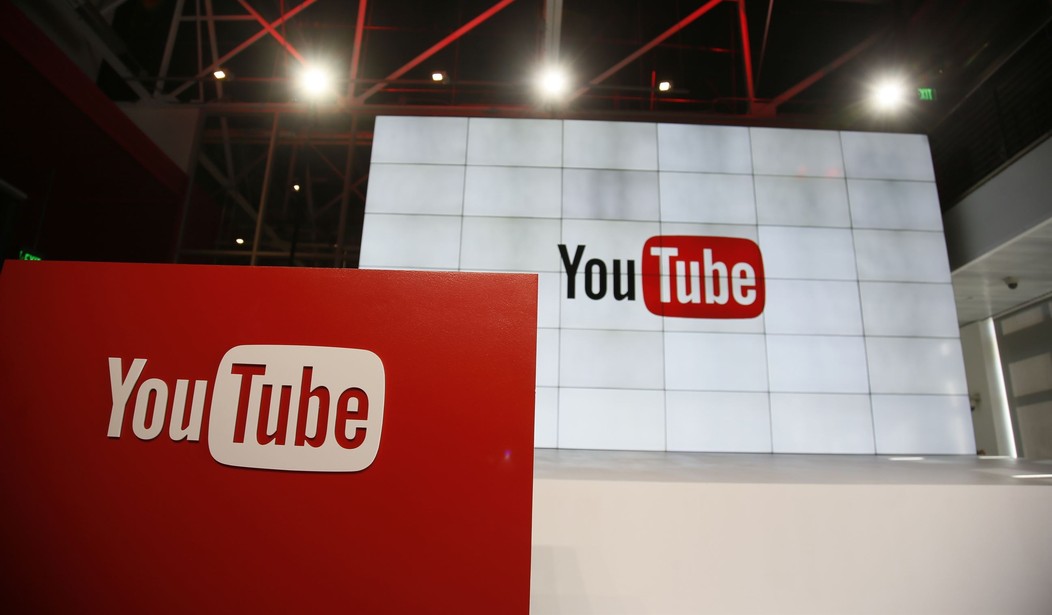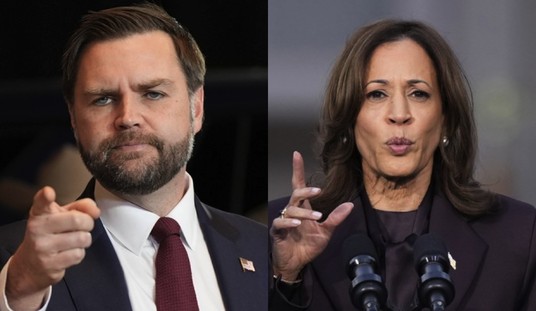(The opinions expressed in guest op-eds are those of the writer and do not necessarily represent the views of RedState.com.)
For more than two centuries, Americans’ right to freedom of speech has been sacrosanct. After all, the First Amendment clearly states, “Congress shall make no law … abridging the freedom of speech, or of the press.”
However, over the past few years, as social media has become the default “town square,” we are hearing more and more calls for Congress to pass laws that would restrict Americans’ fundamental right to freedom of speech on social media platforms.
For example, YouTube CEO Susan Wojcicki recently admitted, “I think governments can always — our recommendation if governments want to have more control of online speech is to pass laws to have that be very cleanly and clearly defined such that we can implement it.”
Wojcicki added, “There are times that we see the laws being implemented or being suggested that they’re not necessarily clean or possible for us to cleanly interpret them. And we’ve also seen sometimes there’s laws passed just for the internet as opposed to for all speech.”
This is a very dangerous development and an affront to the First Amendment.
Before the advent of social media, it would have been nearly impossible for Congress to pass laws squelching freedom of speech across broad swaths of society. But social media has opened a new frontier in which the government can collude with a few Big Tech titans to censor speech it deems “harmful.”
The centralization of the flow of information due to the rise of Big Tech has presented an opportunity for the government to have Big Tech do its dirty work, and by the looks of it, Big Tech seems more than willing to fulfill that role.
As Wojcicki recently noted, “What has been the controversial part has been when there is content that would be deemed as harmful, but yet, is not illegal. An example of that, for example, would be Covid. I’m not aware of there being laws by government around Covid in terms of not being able to debate the efficacy of masks or where the virus came from or the right treatment or proposal.”
She continued, “But yet there was a lot of pressure and concern about us distributing misinformation that went against what was considered the standard and accepted medical knowledge. So, this category of harmful, but legal has been I think where most of the discussion has been.”
So, Wojcicki is suggesting that government should pass laws to forbid “harmful” speech, which social media platforms like YouTube would enforce.
The problem with this is that “harmful” speech is subjective. Who determines what speech is or is not harmful? What if speech is “harmful” to government? Would that be suppressed?
Or how about “misinformation?” As Wojcicki said, YouTube would prefer the government label “misinformation” so she could censor it. But throughout the pandemic, we have witnessed what is “misinformation” one day becomes fact the next day.
No entity, whether it be government or a social media platform, has the wherewithal to determine what is considered “misinformation.” This is especially true when it comes to events like a pandemic, wherein conflicting information is the norm and the consensus can change rapidly.
We the people must never allow government and Big Tech to form an insidious relationship that will result in the suppression of our freedom of speech.
As Benjamin Franklin famously said, “Whoever would overthrow the liberty of a nation must begin by subduing the freeness of speech.”
Chris Talgo ([email protected]) is senior editor at The Heartland Institute.













Join the conversation as a VIP Member